Intel 2013 Ultrabook specifications: Touchscreens, WiDi, Haswell and more
Users can expect up to 13 hours of battery life and price points to drop to $599.

Perceptual computing
In plain English this means facial recognition, speech and gesture control will be included in Ultrabooks - although not all this year.
Like Microsoft, Intel is keen to get rid of the traditional password and replace this with something the user doesn't have to remember - their face. Of course the firm is working on ways to make this secure and the end product is expected to analyse tens of dozens of unique points on any individual's face.
Nuance is the go-to company for speech recognition and we can expect a Siri-like assistant to be pre-loaded onto Ultrabooks to help users navigate the OS and execute commands.
Finally, gesture recognition is also going to be pushed and Ultrabooks will soon allow users to manipulate objects without having to touch the screen or use any peripherals.
Intel launched its Perceptual Computing SDK in December, so getting apps to use this system is likely to take time.
Essentially, gesture recognition will work with cameras that use an RBG lens (720p) and IR technology to translate gestures onto the display.
Although these cameras will first be made available as an optional extra, they are expected to be integrated into Ultrabooks in the future perhaps a couple of generations ahead.
Get the ITPro daily newsletter
Sign up today and you will receive a free copy of our Future Focus 2025 report - the leading guidance on AI, cybersecurity and other IT challenges as per 700+ senior executives
-
 Why keeping track of AI assistants can be a tricky business
Why keeping track of AI assistants can be a tricky businessColumn Making the most of AI assistants means understanding what they can do – and what the workforce wants from them
By Stephen Pritchard
-
 Nvidia braces for a $5.5 billion hit as tariffs reach the semiconductor industry
Nvidia braces for a $5.5 billion hit as tariffs reach the semiconductor industryNews The chipmaker says its H20 chips need a special license as its share price plummets
By Bobby Hellard
-
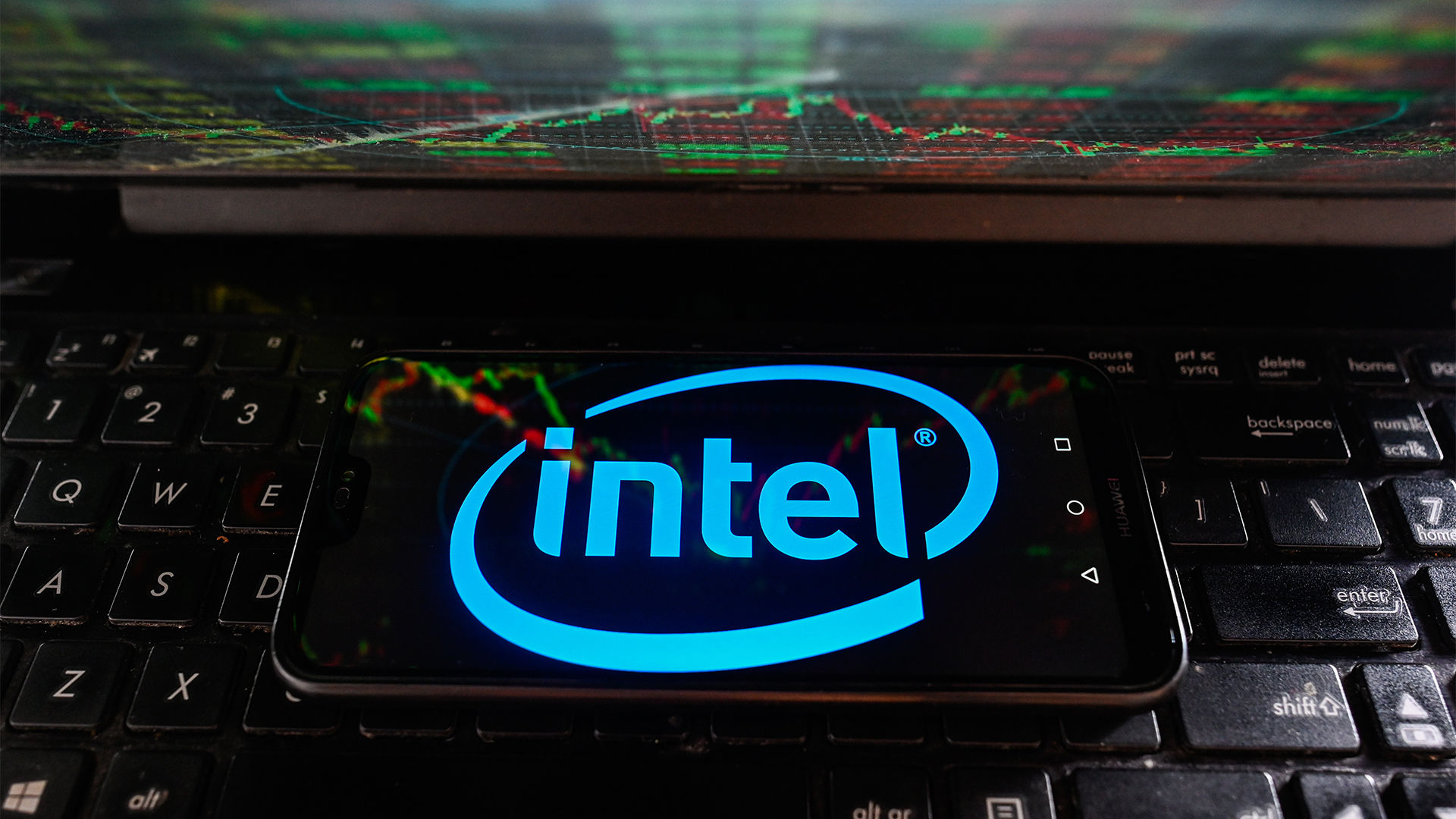 Why Intel is pushing for developers to adopt AI PCs
Why Intel is pushing for developers to adopt AI PCsNews A new Intel initiative aims to drive developer adoption of AI PCs and improve synergy with the hardware makers building these next-generation devices
By Steve Ranger
-
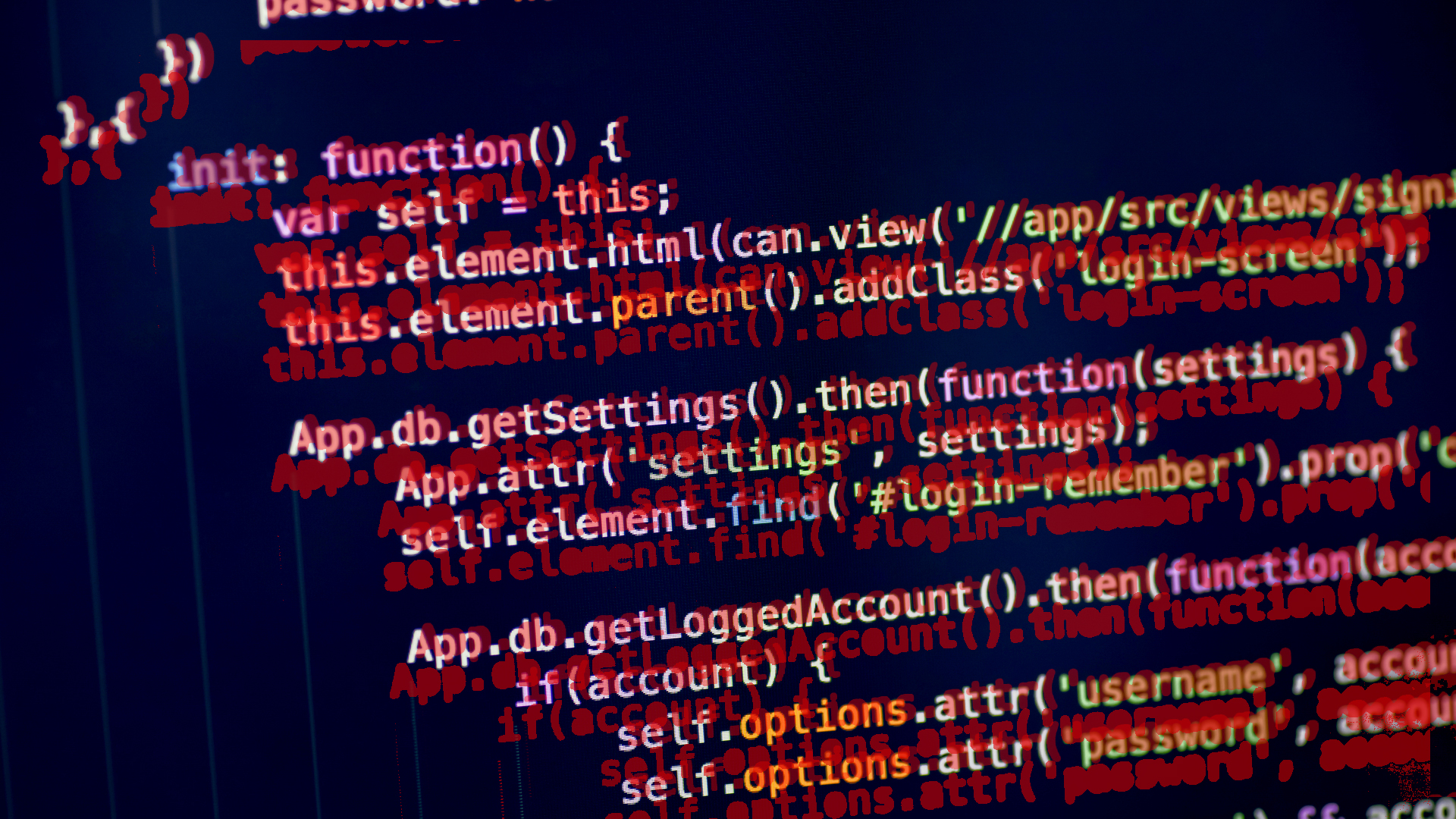 Intel CTO: Open source ecosystem is “poorly written”
Intel CTO: Open source ecosystem is “poorly written”News Chipmaker calls on industry to improve contributions
By Adam Shepherd
-
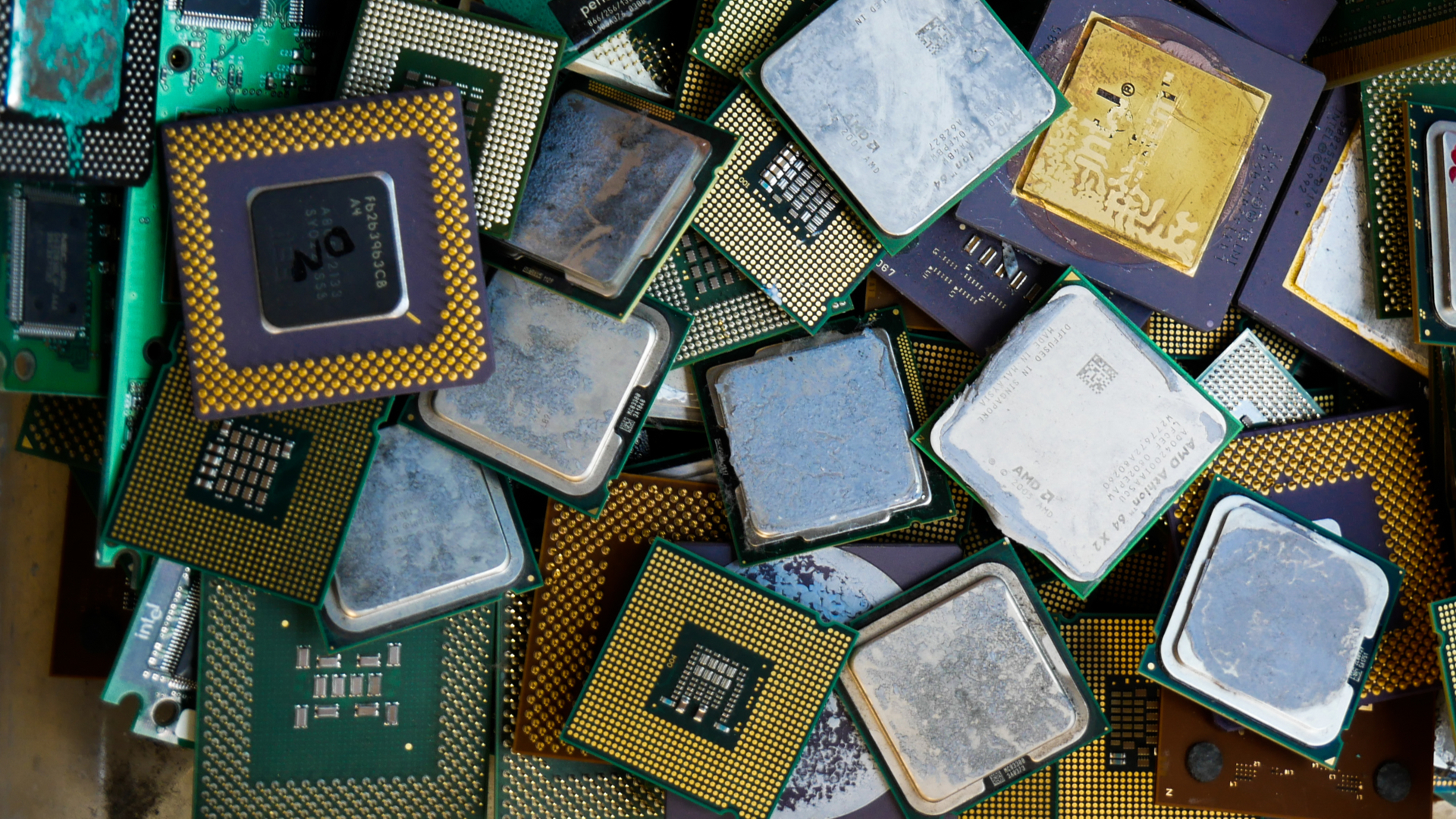 Tech giants lobby US to fund chip production
Tech giants lobby US to fund chip productionNews Industry heavyweights ask Congress for $50 billion in chip manufacturing subsidies
By Mike Brassfield
-
 The total economic impact of the Intel vPro® platform
The total economic impact of the Intel vPro® platformWhitepaper Save costs. Save time. Save the workday.
By ITPro
-
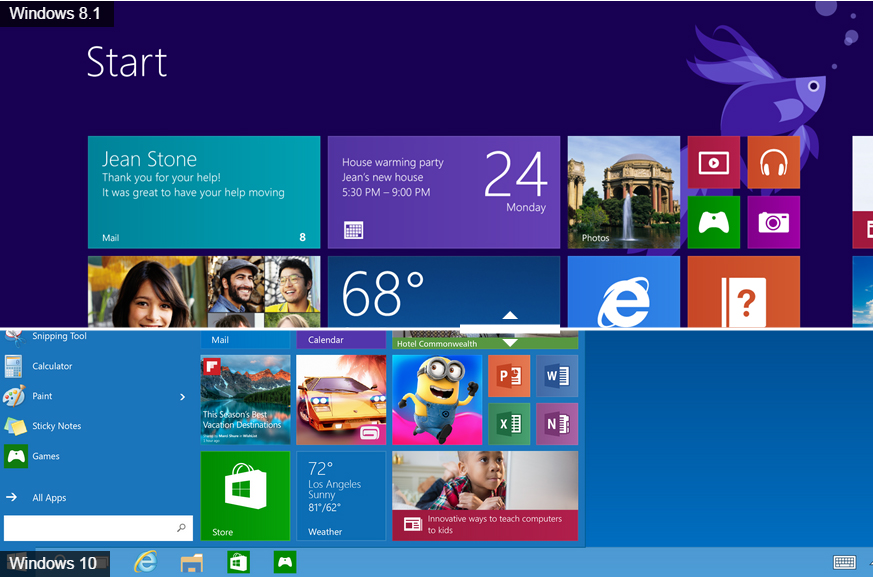 Windows 10 vs Windows 8.1: Which was the best operating system?
Windows 10 vs Windows 8.1: Which was the best operating system?Vs We rate Windows 10 vs Windows 8.1 in a number of key categories for professional use
By Barry Collins
-
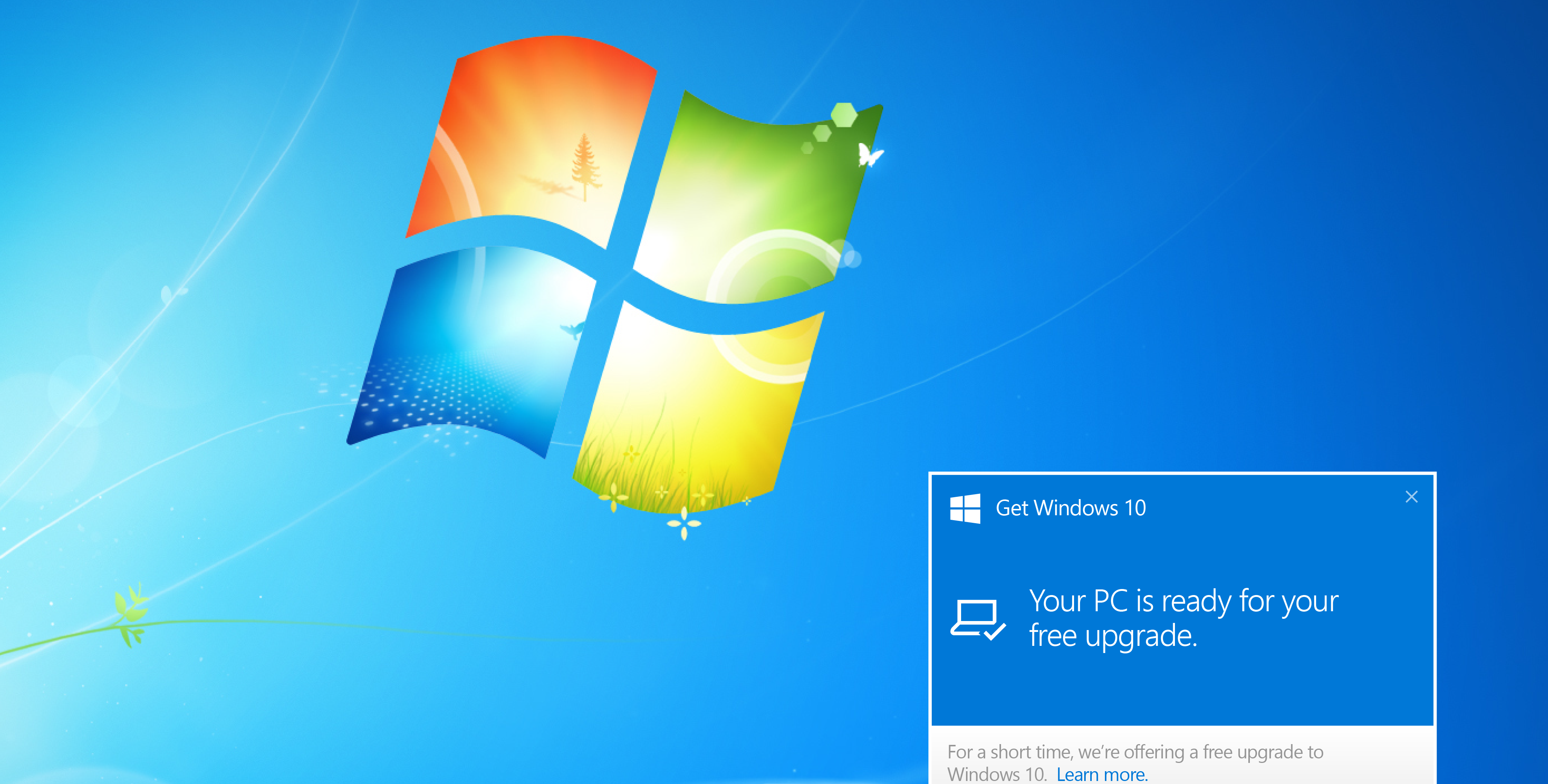 Windows 10 vs Windows 8.1 vs Windows 7 - Microsoft OS head-to-head
Windows 10 vs Windows 8.1 vs Windows 7 - Microsoft OS head-to-headVs We pit Microsoft's most popular operating systems against each other to see which is the greatest of all time
By Mike Passingham
-
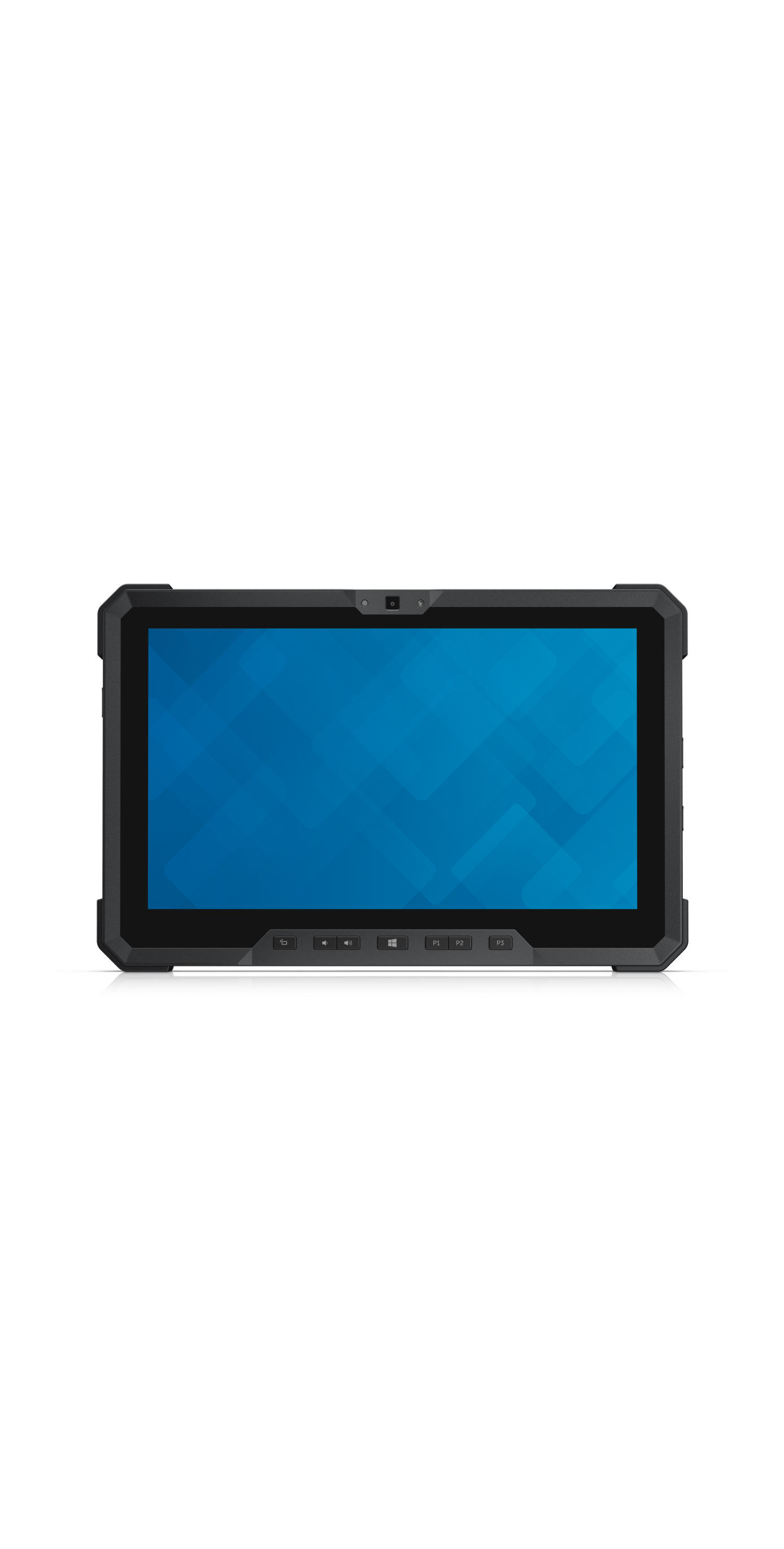 Dell Latitude 12 Rugged Tablet review
Dell Latitude 12 Rugged Tablet reviewReviews Dell's military-grade tablet wasn't rugged enough to survive IT Pro's Adam Shepherd
By Adam Shepherd
-
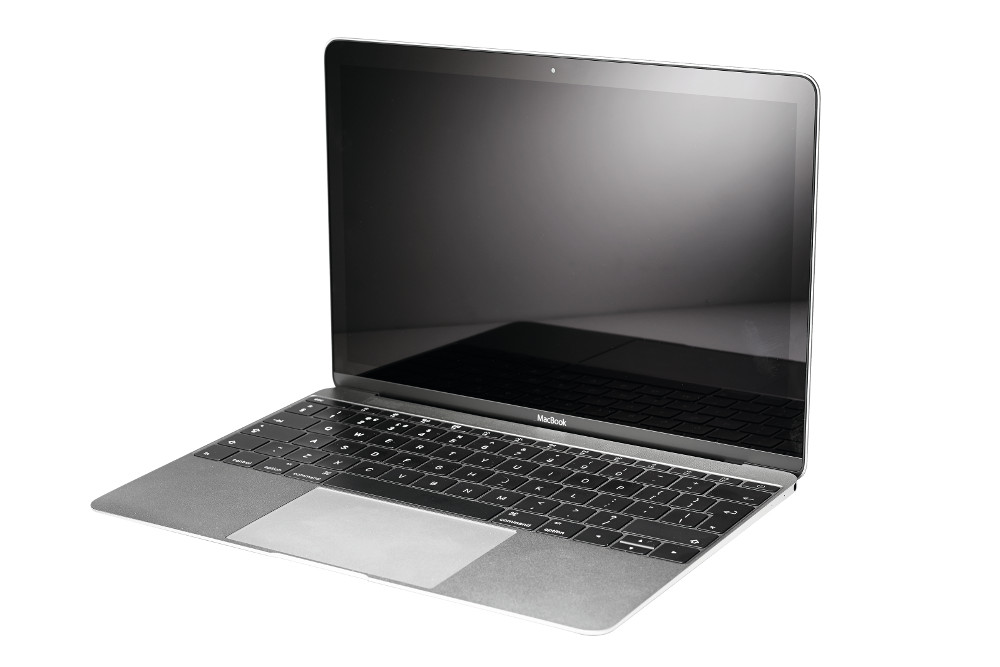
 Apple MacBook Retina 12in review - 'a superb choice, but challenging to fit into how you work'
Apple MacBook Retina 12in review - 'a superb choice, but challenging to fit into how you work'Reviews Apple upgrades specs and adds rose gold model for 2016 MacBook Retina 12in
By Alan Lu